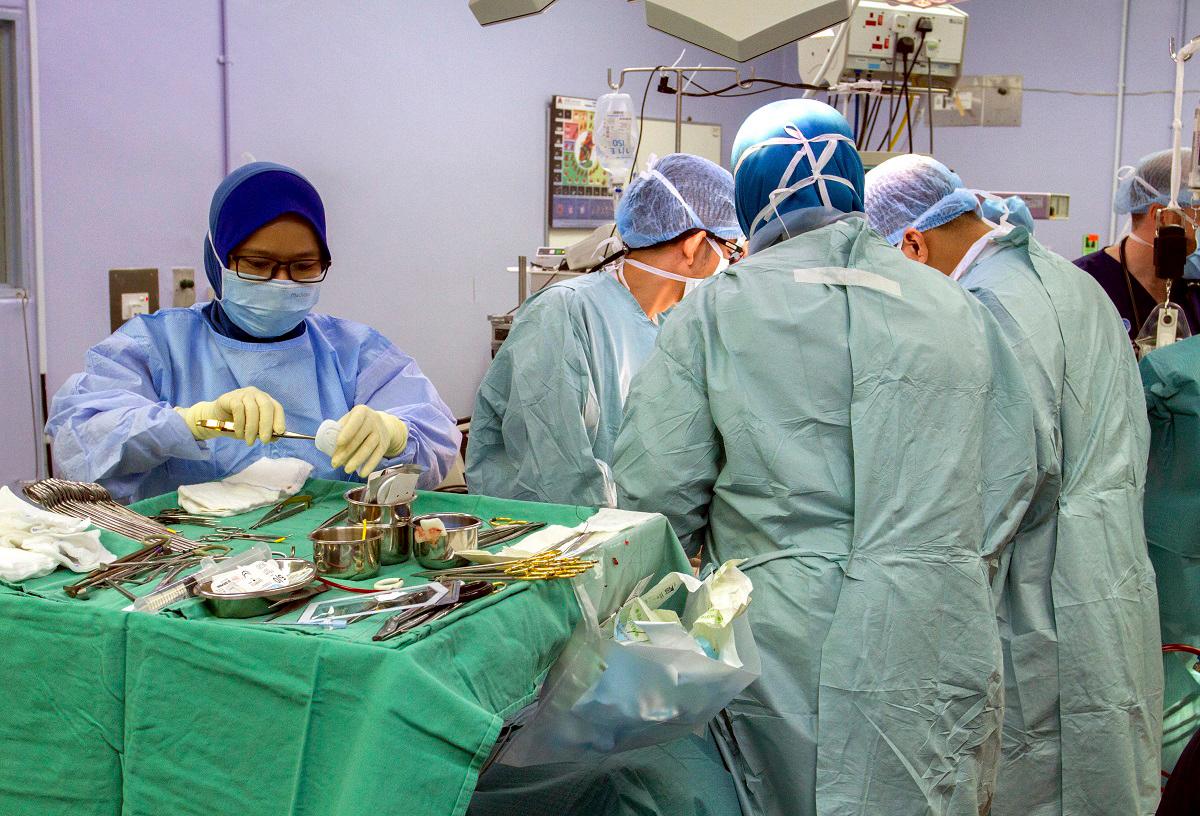KUALA LUMPUR: The 13th Malaysia Plan (13MP) introduces five major health reform strategies to ensure equitable, affordable, and quality healthcare for all Malaysians. These reforms, covering 2026 to 2030, aim to enhance healthcare accessibility and resilience.
The Ministry of Economy outlined the strategies, which include financing and governance reforms, strengthening health promotion, improving service delivery, digitalising health information, and securing medicines and medical devices.
“Policies and integrated promotion programmes will be strengthened to create a health-savvy society,“ the 13MP document stated. A grading system for food and beverages will also be introduced to reduce sugar and salt content.
A high-level policy coordination committee will monitor workforce needs, while a national professional development framework will ensure better human resource management. Health legislation, including organ transplantation and mental health laws, will be streamlined.
“More cluster hospitals will integrate with primary health clinics,“ the document added. A digital platform will enable seamless health data sharing between public and private providers, improving service quality.
Pharmaceutical regulations will be tightened, with a tracking system for efficient logistics. Vaccine production and research will also receive a boost.
The reforms target four key outcomes by 2030: reducing out-of-pocket health expenses, increasing primary healthcare access, lowering non-communicable disease deaths, and ensuring 60% of the population has digital health records.
Under the 12th Malaysia Plan, cardiology services expanded with 24 new labs, while RM936.86 million upgraded 2,215 clinics. The 13MP allocates RM40 billion for health sector reforms. - Bernama









